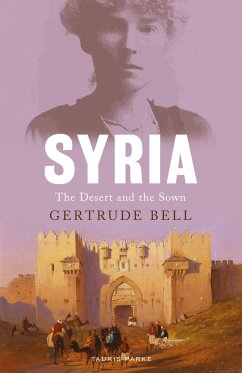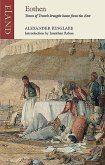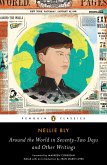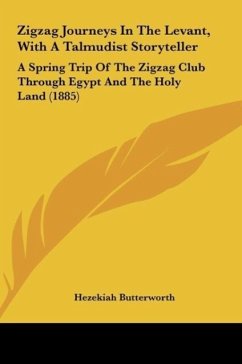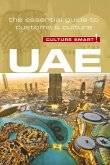An extraordinary and invaluable portrait of Syria from traveller, scholar, archaeologist and spy, Gertrude Bell. Gertrude Bell was one of the most powerful figures in the Middle East in the 20th century. With T.E. Lawrence, she was a significant force behind the Arab Revolt and was responsible for creating the boundaries of the modern state of Iraq, as well as installing the Hashemite dynasty, with Faisal I as king, in Iraq and Transjordan. Her knowledge of the Arab world was forged through decades of travel and the relationships she built across Arabia with tribal leaders and kings, who referred to her as Umm al Mu'mineen, or Mother of the Faithful. In the winter of 1906, she undertook an often-dangerous journey through Greater Syria - Damascus, Jerusalem, Beirut, Antioch and Alexandretta - and her portrait of the landscapes, people and customs of a part of the world that very few had explored at the time is now a classic of travel writing. Bell's Syria illuminates a region that continues to preoccupy us today as well as portraying the unique life of a remarkable, still-controversial and ultimately tragic woman.
Hinweis: Dieser Artikel kann nur an eine deutsche Lieferadresse ausgeliefert werden.
Hinweis: Dieser Artikel kann nur an eine deutsche Lieferadresse ausgeliefert werden.

